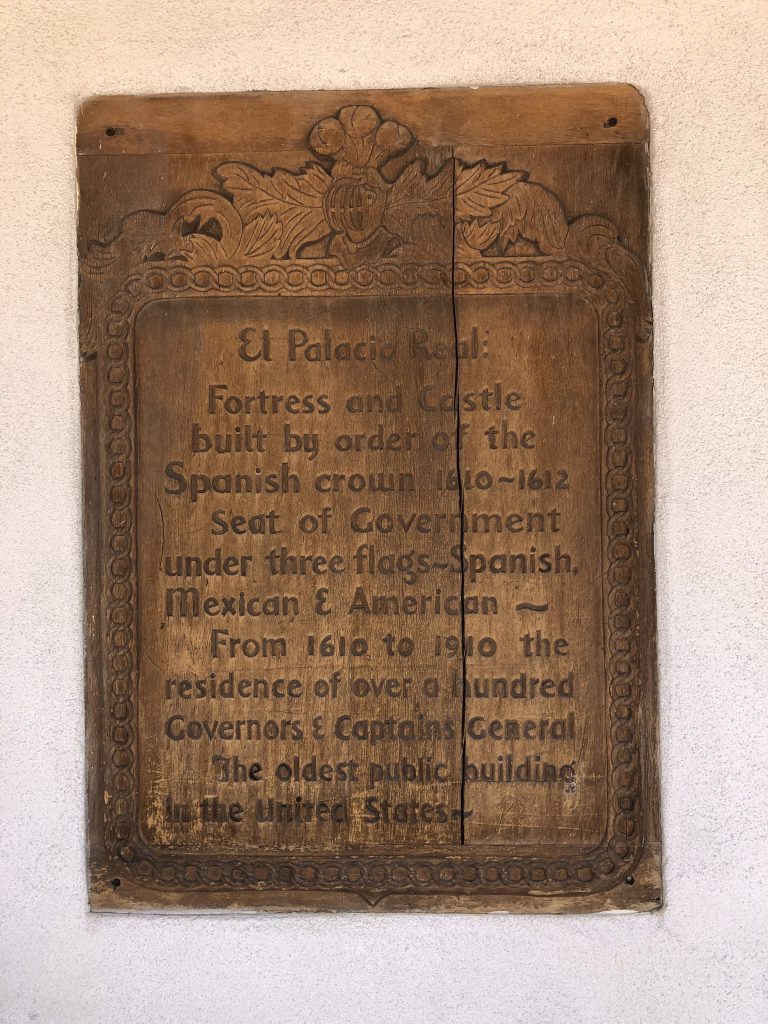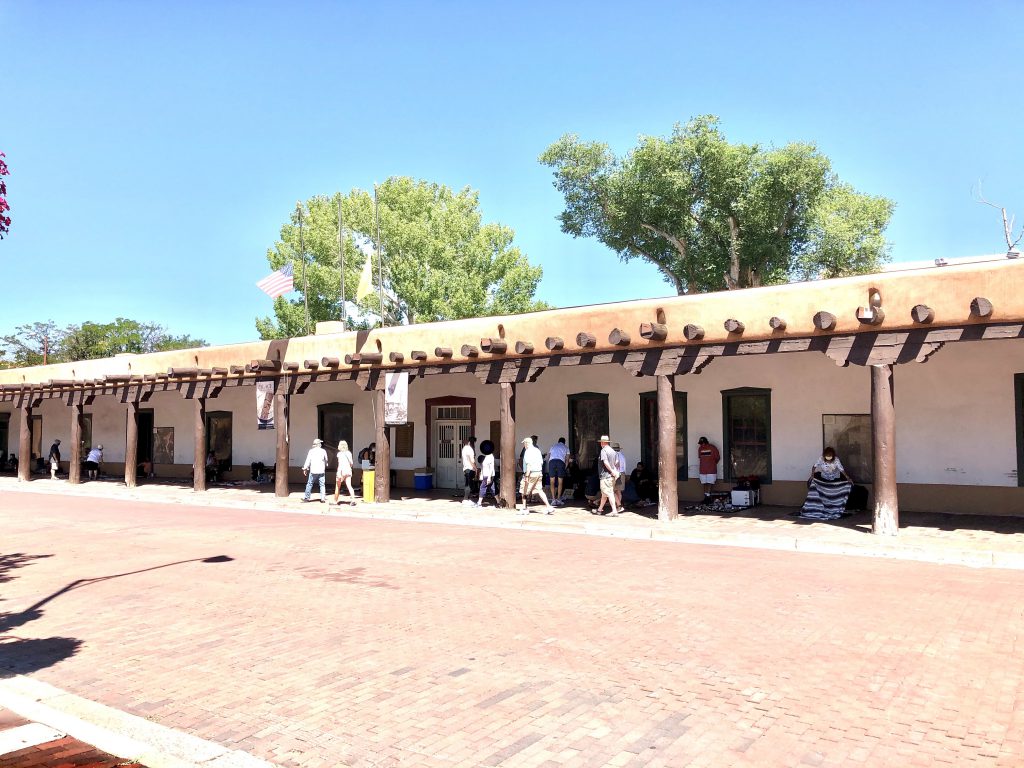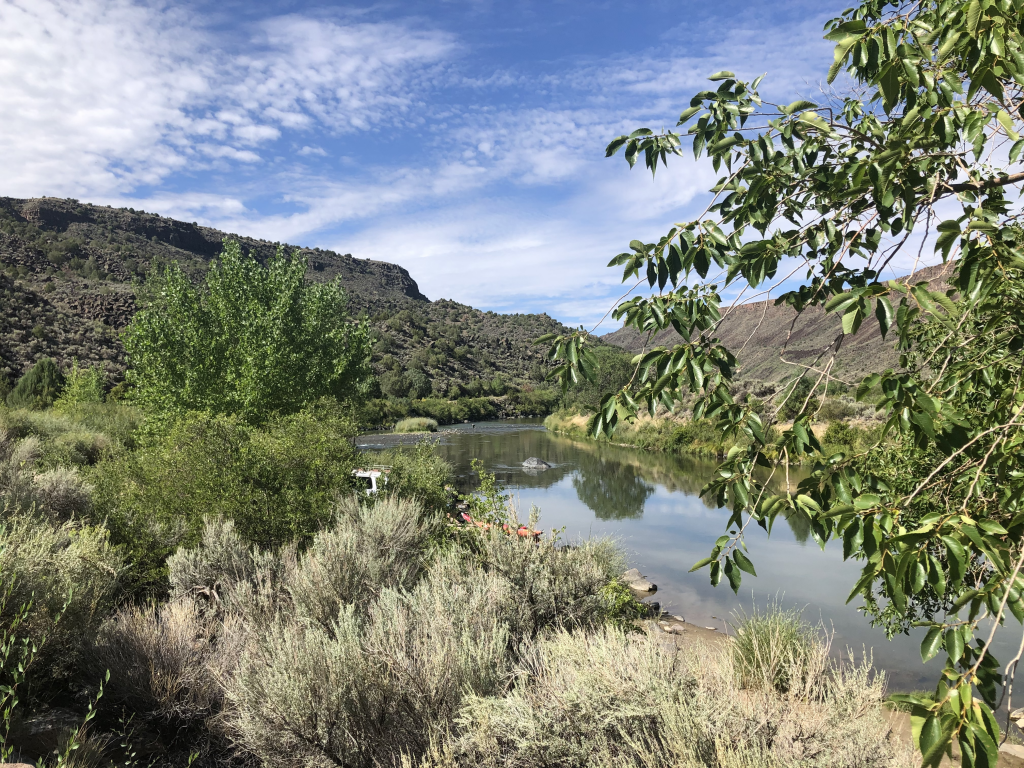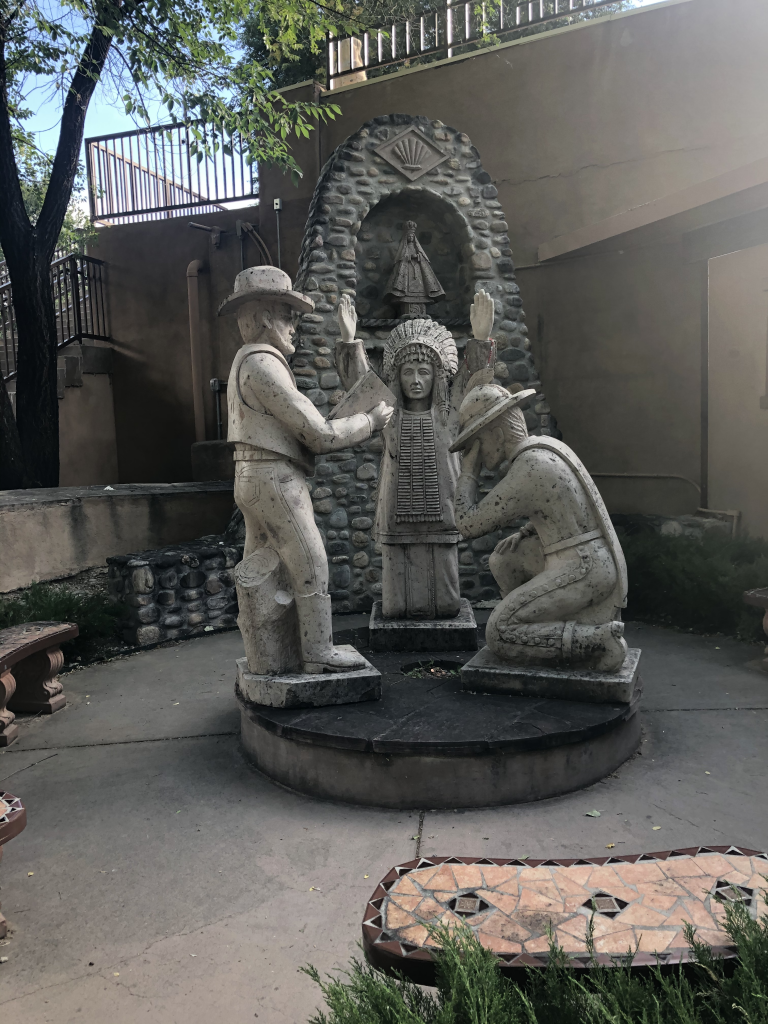“Eres responsable siempre de aquello que has domesticado.“
El Principito, Antoine de Saint Exupéry
Category: Mariposas
On Change
“Some periods of our growth are so confusing that we don’t even recognize that growth is happening. We may feel hostile or angry or weepy and hysterical, or we may feel depressed. It would never occur to us, unless we stumbled on a book or a person who explained to us, that we were in fact in the process of change, of actually becoming larger, spiritually than we were before. Whenever we grow, we tend to feel it, as a young seed must feel the weight and inertia of the earth as it seeks to break out of its shell on its way to becoming a plant. Often the feeling is anything but pleasant. But what is most unpleasant is the not knowing what is happening. Those long periods when something inside ourselves seems to be waiting, holding its breath, unsure about what the next step should be, eventually become the periods we wait for, for it is in those periods that we realize that we are being prepared for the next phase of our life and that, in all probability, a new level of the personality is about to be revealed.”
Alice Walker, Living by the Word
Lyla June, Water is life (feat. Oliver Enjady)
“You can say that water is life. You can sing it again and again, but can you live it.”
Descubriéndome en Nuevo México
Mi viaje a Nuevo México estuvo lleno de aprendizajes. Fue impresionante verme reflejada en la historia de esa parte de América. Otra parte del Virreinato de la Nueva España que tuvo una historia paralela y similar a la de lo que hoy es México, sólo que y fundamentalmente con otros pueblos indígenas.
¿Qué nos define como mexicanos y que nos diferencia de Nuevo México? Nuestras raíces indígenas. Los pueblos indígenas específicos que son sometidos durante la colonia.
Nunca me había puesto a reflexionar sobre lo que me enseñaron en la escuela. A diferencia de lo que los libros de la SEP predican para cimentar el patriotismo mexicano, resaltando que la mitad del territorio de lo que es hoy Estados Unidos era de México, esta parte del continente americano no tiene que ver con la República Mexicana, sino más bien, fue otra parte de la colonia española. Muy diferente de lo que hoy es México.
La ciudad de Santa Fe, la capital del estado de Nuevo México, tiene la típica estructura de una ciudad colonial. Una plaza central con bancas y árboles rodeada por el palacio de gobierno (el edificio público más antiguo de lo que hoy es Estados Unidos), la catedral, restaurantes y cafés. En los portales de esta plaza, indígenas Jemez, Taos, Pojoaques, entre muchos otros, que aquí se agrupan con el termino “Pueblos” venden sus artesanías.
México y Nuevo México, edificados en culturas milenarias con historias paralelas y un período compartido, el Virreinato de la Nueva España. La población indígena o nativos americanos, como se les denomina a personas indígenas en el país norteamericano, representan el 10.6% de la población de este estado. Estos Pueblos, como nuestros Mexicas, aprendieron a latigazos y catecismos español.


Sin embargo, la historia de este lugar no comienza con la colonia, sino milenios antes.
En el Centro Cultural Poeh, dentro del territorio del Pueblo Pojoaque, los habitantes de los Pueblos relatan la historia de esta zona de América. Con la exhibición permanente de este centro relatan su pasado y presente desplegando en 6 habitaciones la historia de sus pueblos, desde su llegada al valle hasta el día de hoy. Nuestro período compartido, es sólo la quinta habitación.
En este centro, también se puede apreciar el arte de la gente de lengua Tewa, con sus cántaros y arquitectura. Edificios de adobe con un acabado circular que al día de hoy caracterizan a las construcciones de Nuevo México.

Además de esa quinta habitación, la otra parte que nos une con esta parte del continente es el río Bravo (río Grande en Estados Unidos). Uno de los ríos más largos del mundo, que hoy separa lo que es Texas con Chihuahua, Coahuila, Nuevo León y Tamaulipas. Río por el cual muchos mexicanos han nadando, persiguiendo el sueño Americano.

Nuevo México, un estado muy hermoso, con ciudades con estilo muy colonial.

On Right Livelihood
A text by Pema Chödron
“So hard to find such ease and wealth
Whereby to render meaningful this human birth!
If now I fail to turn it to my profit,
How could such a chance be mine again?
–Shantideva, The Way of the Bodhisattva, 1.4From the Buddhist point of view, human birth is very precious. Shantideva assumes that we understand this preciousness, with its relative ease and wealth. He urges us to contemplate our good situation and not to miss this chance to do something meaningful with our lives.
Pema Chödron, Becoming Bodhisatvas: A Guidebook of compassionate Action
This life is, however, a brief and fading window of opportunity. None of us knows what will happen next. As I’ve grown older with my sangha brothers and sisters, I’ve seen many friends die or experience dramatic changes in their health or mental stability. Right now, even though our lives may seem far from perfect, we have excellent circumstances. We have intelligence, the availability of teachers and teachings, and at least some inclination to study and meditate. But some of us will die before the year is up; and in the next five years, some of us will be too ill or in too much pain to concentrate on a Buddhist text, let alone live by it.
Moreover, many of us will become more distracted by worldly pursuits-for two, ten twenty years or the rest of our lives-and no longer have the leisure to free ourselves from the rigidity of self absorption.
In the future, outer circumstances such as ware or violence might become so pervasive that we won’t have time for honest self-reflection. This could easily happen. Or, we might fall into the trap of too much comfort. When life feels so pleasurable, so luxurious and cozy, there is not enough pain to turn us away from worldly seductions. Lulled into complacency, we become indifferent to the suffering of our fellow beings.
The Buddha assures us that our human birth is ideal, with just the right balance of pleasure and pain. The point is not to squander this good fortune.
On music
“After silence, that which comes nearest to expressing the inexpressible is music.”
Aldous Huxley from The rest is silence
“I’ve long been obsessed with the hidden power of song. I’m not talking about how music entertains us, or even its higher artistic potentialities, but something bigger and grander. I look to music as a change agent in human life, even as a transformative force in human history.
It perhaps sounds simplistic, but this is the most important core value in my life’s work, the central tenet underpinning in my vocation. Song is a source of enchantment and a catalyst for change. Any philosophy of music—or even a journalistic approach to the subject—that doesn’t respect this remarkable capacity misses much of the point of human music-making.”
Ted Gioia, from The Man Who Put Out Fires with Music
“Songs are the possessions most likely to survive long journeys, remaining the property of the newcomer even when everything else has been taken away.”
Ted Gioia, Music: A subversive history
On Being with Nature
“Climb the mountains and get their good tidings.
Nature’s peace will flow into you as sunshine flows into trees. The winds will blow their freshness into you, and the storms their energy, while cares will drop off you like falling leaves.” – John Muir, The Mountains of California
On Intuition
For each of us, it probably takes a
Sara Davidson from Baba Ram Dass – The Metamorphic Journey of Richard Alpert –
certain kind of jolt to break the shackles of absolute faith
in the rational mind
¿Vacunarse?
Unos, desconfían y no piensan hacerlo.
Otros, están impacientes, deseando pronto poder hacerlo.
¿Quién está en lo correcto? No importa, es esta diversidad, lo que garantiza que la humanidad sobrevivirá.
On Rejection
The Hymns of the Earth, Poem by St. Catherine of Siena
“I wanted to be a hermit and only hear the hymns
of the earth, and the laughter of the sky,
and the sweet gossip of the creatures on my limbs,
the forests.
I wanted to be a hermit and not see another face
Look upon mine and tell me I was not
all the beauty in this
world.
For so many faces do that –-
cage us.
The wings we have are so fragile
they can break from just
one word, or
a glance void
of love.
I wanted to live in that cloister of
light’s silence
because, is it not true, the heart
is so fragile and shy.”
